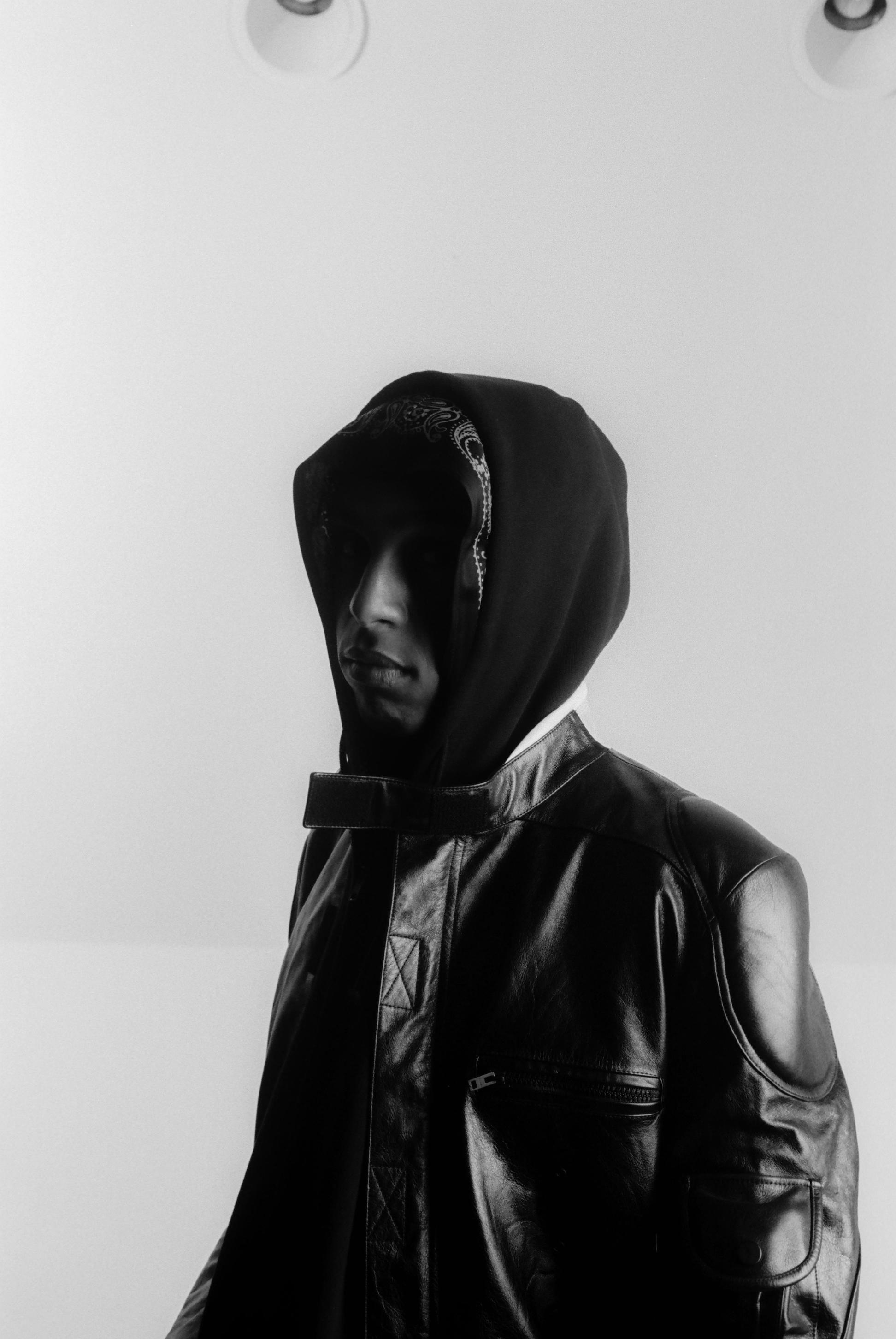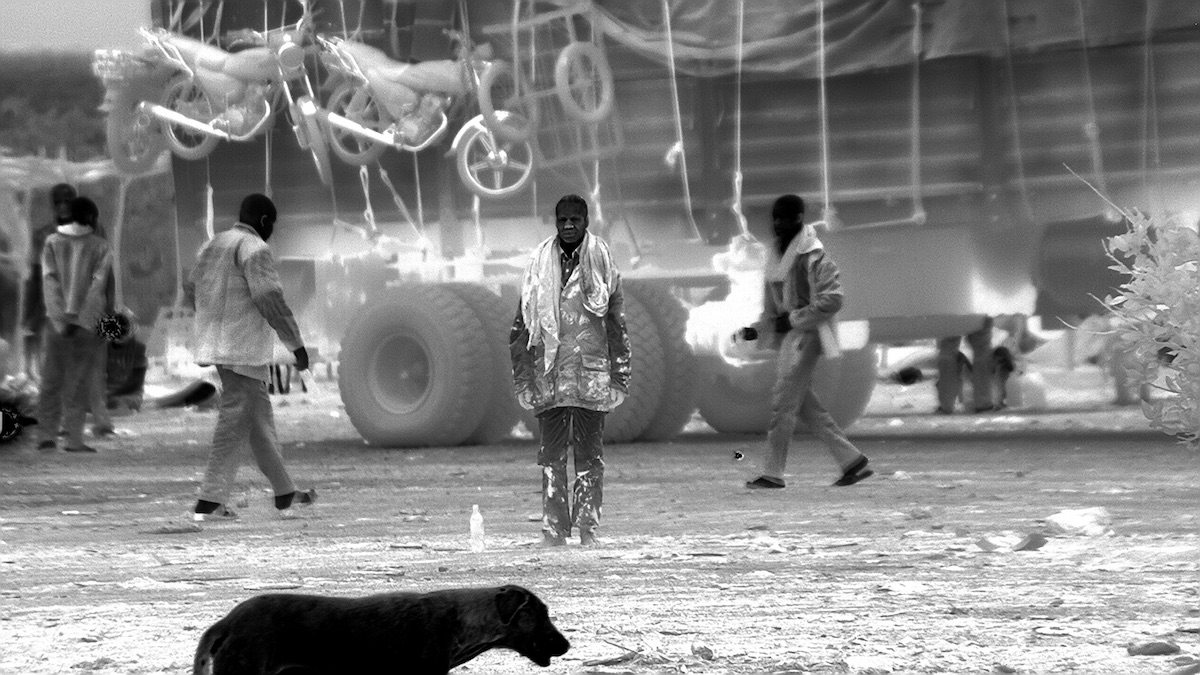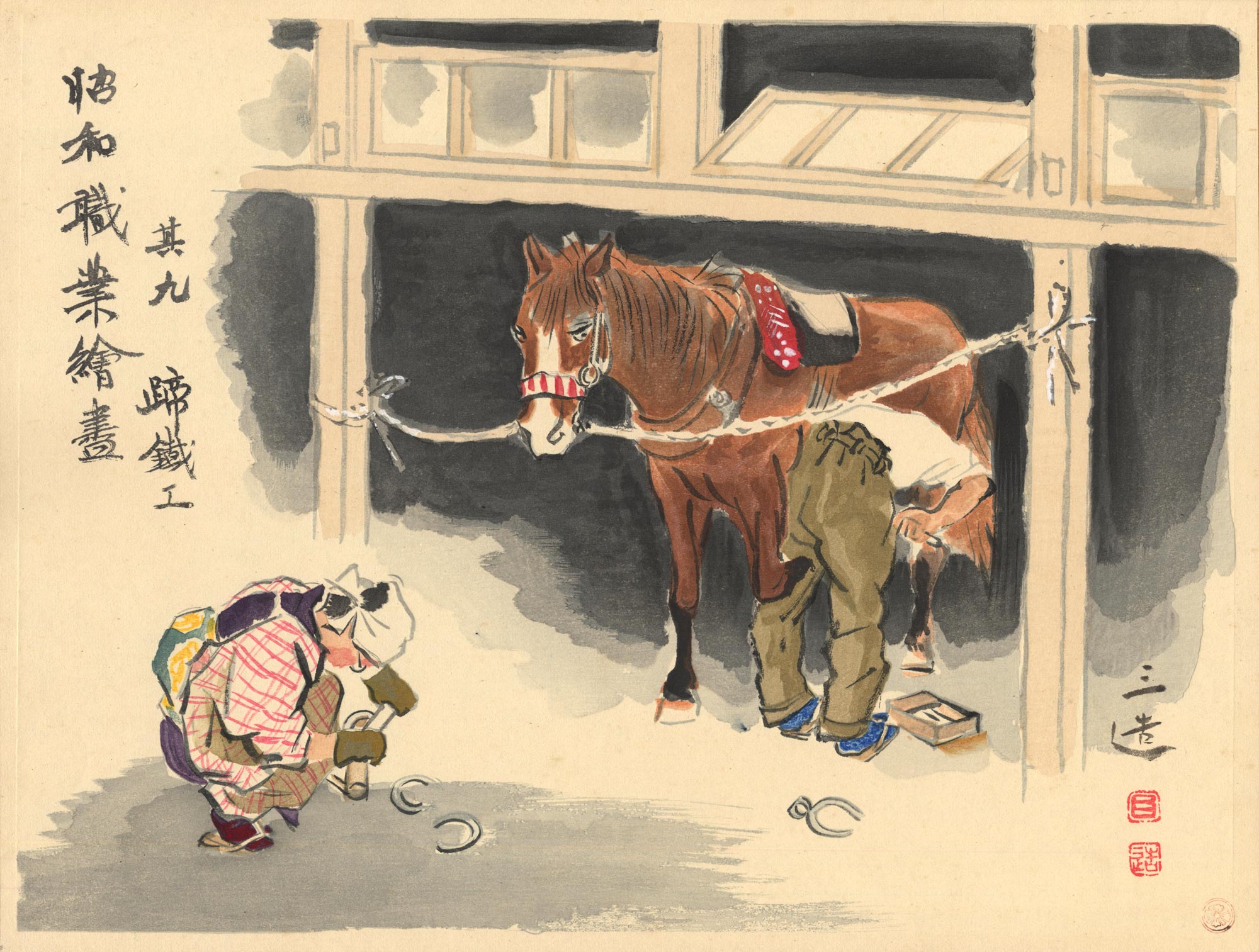Les Benjamins: HERZLICH WILLKOMMEN
"Workers were called but humans came"
This season LES BENJAMINS pays homage to the guest workers that rebuilt Germany after the war – one of whom being the grandfather of the brand’s creative director, BÜNYAMIN AYDIN. “He was a welder, and was one of the first guest workers from Turkey. Him taking the courage to leave his small village in east Anatolia, where they had almost no literacy rate, still serves as a major inspiration to me.”
With many guest workers supposed to leave the country after two years, but with the majority staying for good, the collection is an exploration of the duality and multiplicity of integration and de-integration. Split into two stories: leaving Anatolia, which expresses the art of the long goodbye at the train station, where guestworkers and their families would wear their finest tailoring. And living in Germany, which draws on the duplicity between the utilitarian workwear that helped guest workers assimilate to their new host countries, and the nostalgic elements of ‘home’ that they held sacred once they finished the work day.
Each showpiece serves as an ode to a particular migrant job, varying from garbagemen and welders to factory women, tailors and nurses. Cleaning gloves are crafted from butter-soft leather to combine the luxury-meets-heritage take on workwear, meanwhile German and Turkish typography share equal space on garments in a bid to illustrate the train journey taken to leave the country.
Utilitarian elements are carried through heavy knitwear, jumpsuits and deep pockets - with several pieces emblazoned with the number 60; a nod to last year’s 60th anniversary of migrant workers arrival in Germany. Continuing in the design language of previous collections, men’s and women’s retain a gender fluid approach with masculine and feminine elements, which are married into embroidered flower detailing.
Pants are tailored and wide legged, with Turkish truck driver-inspired vests crafted from rich leather, meanwhile paisley prints pay tribute to the colourful wallpaper often seen in the homes of guest workers – a safe space that represented heritage, tradition and respite.
Guest workers from countries as vast as South Korea, Greece and Morocco are also given a worthy tribute in the form of abbreviated patchworks on workwear, and womenswear muses on the notion of duality through the prism of key detailing – a symbol of the many identities unlocked through their presence as a guest worker.
“None of them spoke a word of German, so the courage and bravery they had to leave everything they knew is incredible” says Aydin, “their clothing is almost military-like in that their clothes became their armour. So this collection is truly an homage to what made me who I am today. I too have tried to fit in and assimilate. I’m questioning what it means to fit in, and what it means to let go of your identity.”
Credits
- Creative Direction: BUNYAMIN AYDIN
- Directed by: MELIH KUN
- Starring: AHMET RIFAT SUNGAR
- Music by: VEYASIN
Related Content

“Nepotism Is All I've Ever Wanted”: An Interview with BAKAR

Young Greeks: KAREEM KALOKOH introduces ATH Kids

BODY HEAT: RICHARD MOSSE Captures the Edges of Europe in INCOMING

032c Takes on Buzzfeed: 5 Cats That Guard the Ancient City of Ephesos

ARCHITECTURE POST INTERNET: ANDREAS ANGELIDAKIS in Conversation with Carson Chan

Original Sin: A First Look at SUNDAE SCHOOL’s New Zine About Weed in Korea

“Fellini of Fashion”: ALEXANDRE DE BETAK’s Fashion Show Revolution

An Anthropologist Discovers Workwear and Gets Over His Dread of Stuff